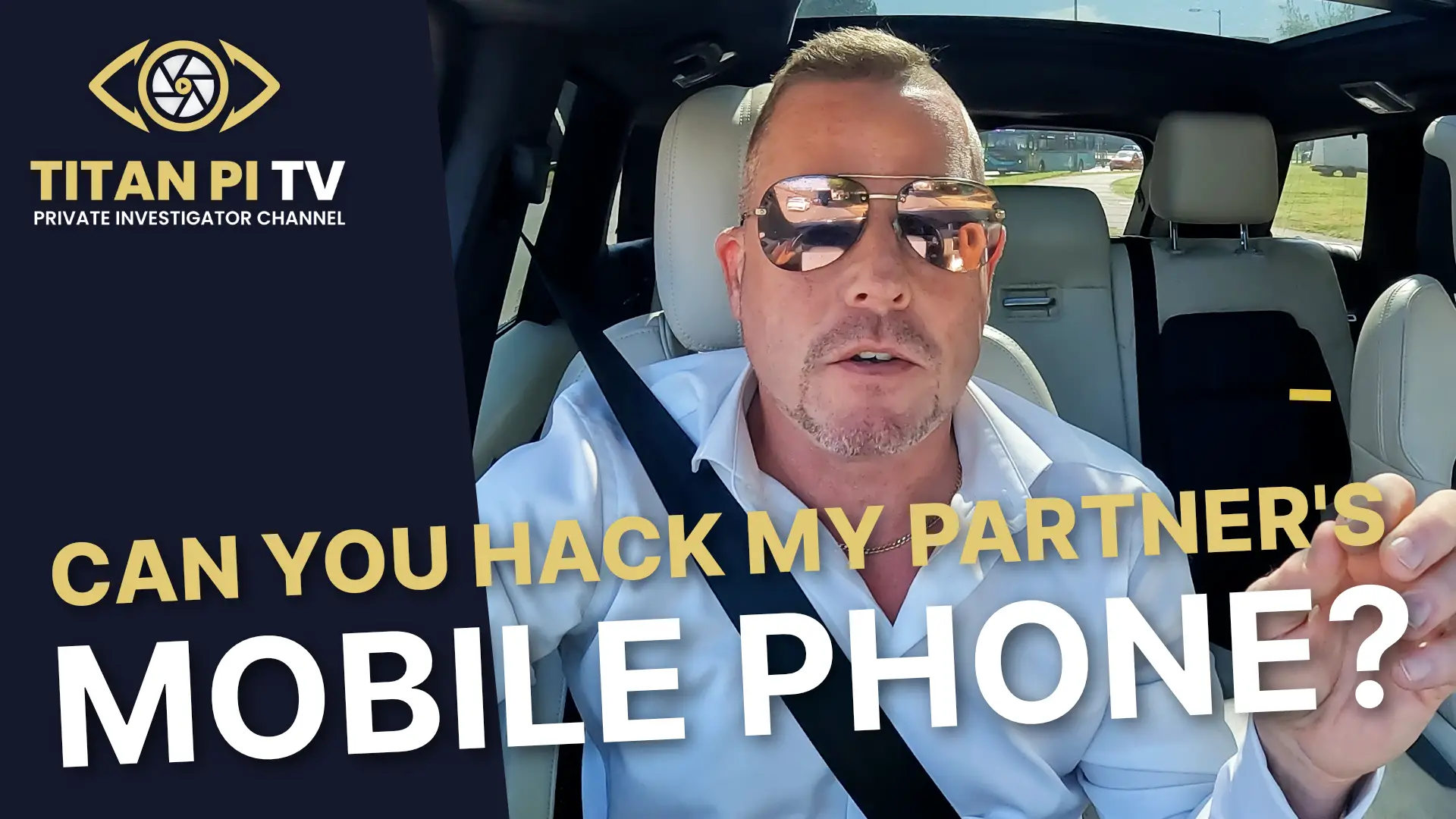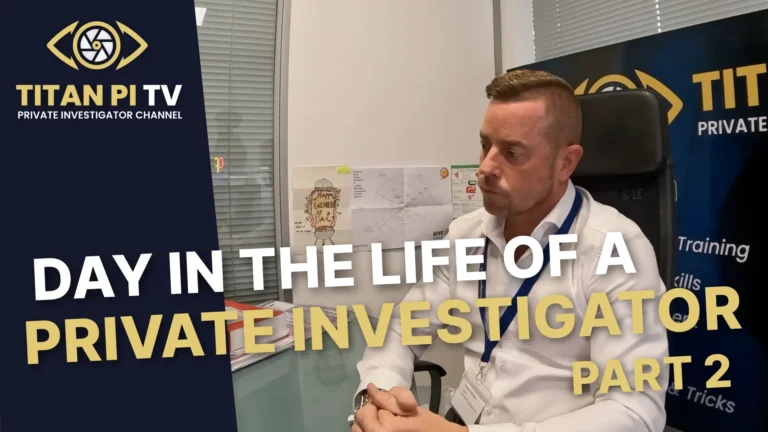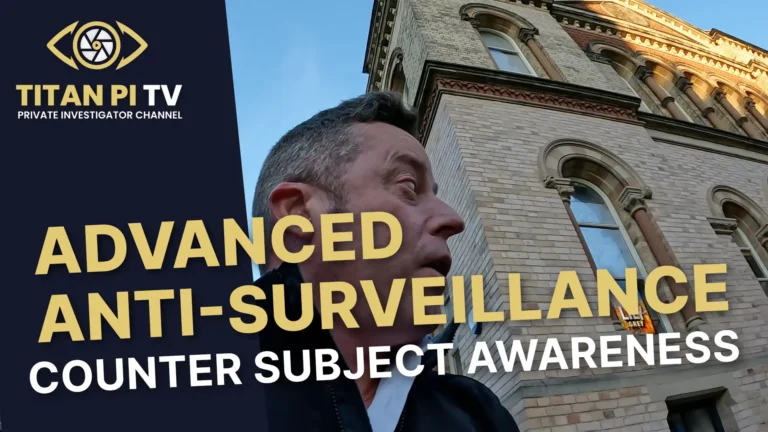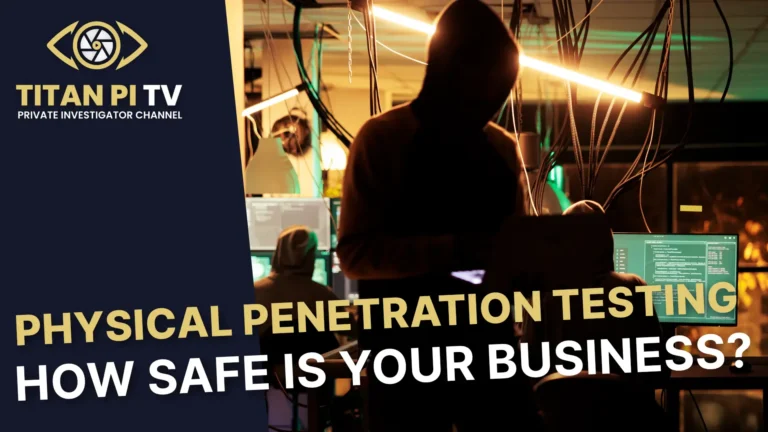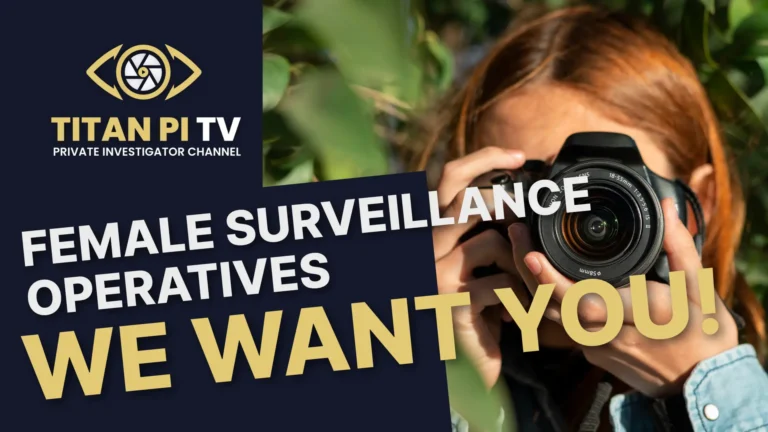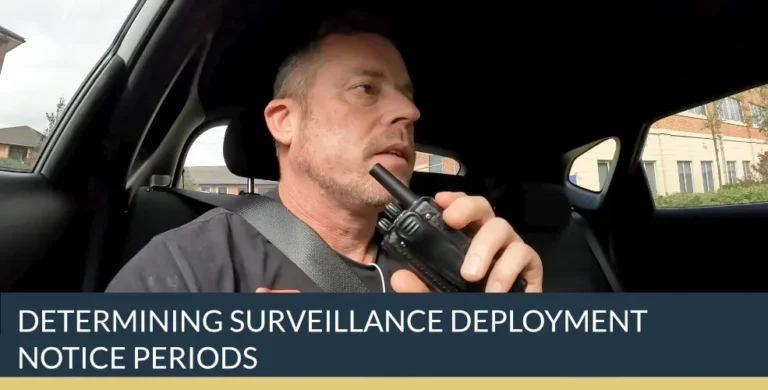Can You Hack My Partner’s Mobile Phone?
In the latest episode of Titan PI TV, Managing Director Simon Henson addresses one of the most frequently asked questions in private investigation: “Can you hack my partner’s mobile phone?” This comprehensive guide explores the legal boundaries, ethical considerations, and alternative approaches to matrimonial investigations.
The Legal Boundaries of Mobile Phone Forensics
Simon Henson begins by clarifying that while mobile phone forensics is a legitimate service offered by Titan Private Investigation Limited, there are strict legal parameters that must be followed. The legality hinges entirely on consent – it is legal to examine a mobile phone only with the explicit permission of the device owner.
“It is legal if we have the person who owns the phone’s permission,” Henson explains. “It’s not legal if you take their phone off them or an old phone that they used to use and you send it to us.”
When conducted legally, the process involves sending the device via special delivery to Titan’s forensic lab, where specialists analyse and download the data before returning the phone within approximately 48 hours. The service costs £500 plus VAT (£600 total), and requires both the physical device and its PIN code, as Henson emphasises they “can’t hack the PIN code.”
Capabilities and Limitations of Mobile Forensics
The forensic examination can recover:
- Deleted text messages
- Deleted photos
- Call logs
- Emails
- Social media messages
However, Simon addresses a common misconception regarding WhatsApp messages. Due to WhatsApp’s end-to-end encryption and server architecture, once messages are deleted by both parties, they cannot be recovered – “not even the police can get it back,” he notes.
Legal Consequences of Unauthorised Access
The episode provides a sobering overview of the legal ramifications of unauthorised mobile phone access. Henson details several relevant statutes:
- Section 1 of the Computer Misuse Act 1990
- Sections 170-173 of the Data Protection Act 2018
- Section 32 of the Criminal Justice and Courts Act 2015
- Section 127 of the Communications Act 2003
Additional legislation that might apply includes the Counterfeiting and Forgery Act 1981, the Video Recording Act 2018, and the Registered Designs Act 1949.
To illustrate the severity of these offences, Henson cites several high-profile cases:
- Ian Edmondson, former News of the World editor, sentenced to 18 months for phone hacking.
- Andy Coulson, also from News of the World, who received an eight-month prison sentence.
- The Prince Harry and Meghan Markle case against the Mirror Group, which was settled for millions.
Crucially, Henson emphasises that merely attempting to access a device without permission constitutes an offence, regardless of whether any information is successfully obtained: “You don’t actually have to be successful to commit these offences and you will get a custodial sentence.”
Ethical Alternatives for Matrimonial Investigations
Recognising that matrimonial and cheating partner investigations constitute approximately 20% of Titan’s business (with the remaining 80% being corporate investigations), Henson outlines two legal and ethical approaches to gathering evidence:
1. GPS Vehicle Tracking
For situations where there’s no specific timeframe or suspect, Titan recommends deploying a GPS tracking device on the subject’s vehicle. This approach:
- Is installed discreetly in the early hours
- Provides real-time and historical location data
- Helps establish patterns and routines
- Can inform more targeted surveillance operations
2. Professional Surveillance
When specific timeframes are known (such as business trips or planned outings), Titan recommends professional surveillance:
- Requires a minimum of two operatives (£60+VAT per hour each)
- Minimum deployment of five hours (£720 including VAT)
- Provides regular updates during the operation
- Delivers a comprehensive report with photographic evidence
- Includes unedited surveillance footage upon request
Henson explains why two operatives are essential: “Surveillance, to be covert, needs two because they need to share the exposure to the subject who we’re following. If it’s a one-person surveillance, it’s the same operative on foot or the same car behind your other half, and we’ll either have a loss or we’ll be compromised.”
Admissibility of Evidence
A significant advantage of these legal approaches is that all evidence gathered is admissible in various legal proceedings:
- Employment tribunals
- Civil courts
- Family courts for matrimonial matters
- Criminal courts (if criminal activity is documented)
Mobile Phone Hacking: Final Thoughts
Henson concludes with a definitive answer to the titular question: “Can we hack mobile phones for your partner?” No, we can’t legally without their permission.”
This episode of Titan PI TV provides valuable insight into the ethical and legal boundaries of private investigation in the digital age. While technology has created new avenues for deception, it has also established clear legal frameworks that protect individual privacy. Titan’s approach emphasises gathering evidence through legitimate means that can withstand legal scrutiny while maintaining professional integrity.
For those facing potential infidelity concerns, the message is clear: legal alternatives exist that can provide conclusive evidence without crossing ethical or legal boundaries.
What’s Next on Titan PI TV?
Thank you for reading, watching or listening to this week’s blog post on Titan PI TV. If you found this information helpful, please give us a thumbs up and subscribe to our channel. We’re aiming to reach 2,000 subscribers in the next few weeks, and we currently have 1,965 channel subscribers. So we’re getting close to our next target.
Stay tuned for more insights into the world of private investigations. Until next time, stay safe and keep learning!
Titan PI TV: Uncovering the Truth, One Investigation at a Time.

